Moving into your new home can be one of the most exciting times in your life. For most, it does not happen very often. Statistics show the average American can expect to own three homes in their lifetime.
But moving in can also be a trying time, especially when you move into your first house. There is so much to do, and where do you start? Your realtor should help explain a lot of these details.
Realtor Julie Larsen enjoys assisting her clients from the beginning of their journey exploring a new Napa Valley property to helping with the ins and outs of getting settled in a new house. Here are some things you should attend to during the first week in your new home.
Change the locks
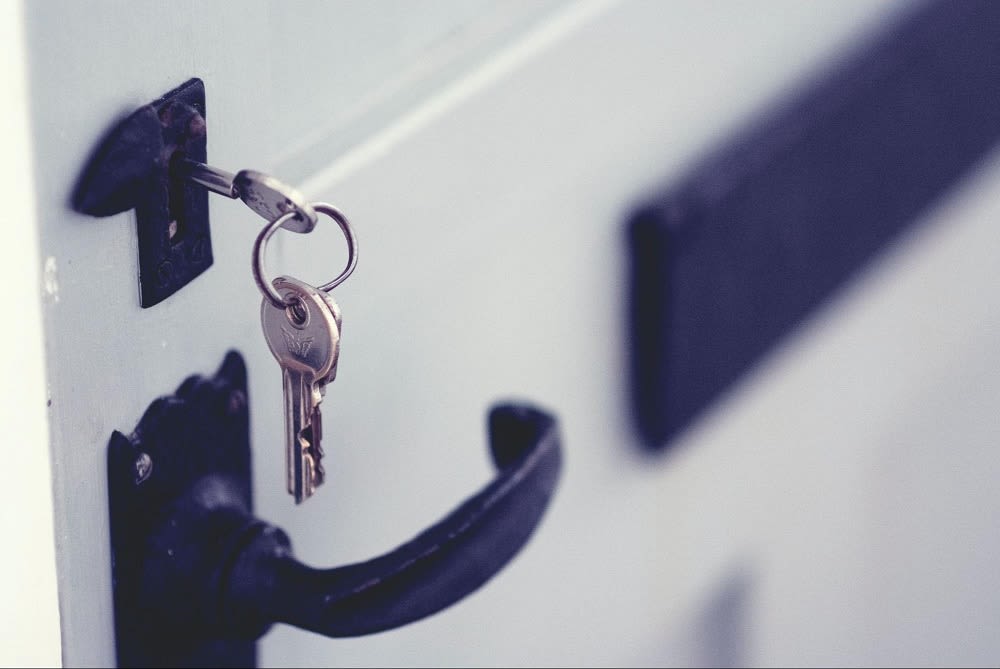
While it is unlikely you would be concerned that the previous owners may still have a key, there is no way of knowing who else may have a copy with access to your new home. Best to change the exterior locks before you move in or on the first day. You can opt for simply having the locks rekeyed, or you may choose to change the fittings altogether. If you are considering upgrading to smart locks soon, go with the rekeying for now.
Do not forget the garage. Depending on what type of door opener is installed, you may be able to get it reprogrammed to work with new remote controls. Also, rekey the walk-in entry door, whether it leads inside the house or outdoors.
Turn on your utilities
The list of our utilities has grown with our modern-day needs. You should make sure the electricity, water and sewer, gas, and trash collection is turned on with your name and billing information before you move in. How soon you arrange for internet access and cable, or satellite TV is based on your individual needs.
If you have purchased a home within a Homeowners Association (HOA) district some of your services, such as trash collection, may be arranged through that association. Contact the HOA administration your first week so you understand what they administer.
Familiarize yourself with shut-off valves and switches
In case of an emergency, the whole family needs to learn where the shut-off valves and switches are located. Your realtor will have likely gone over these with you, but if you forget they are probably also noted on the inspection report. These include:
Check other basic safety issues
Develop a checklist of features that you need to assure are working correctly. Moving is a big deal and you are going to be tired at the end of each day. You need to know you and your new home are prepared for potential problems.
Smoke detectors and carbon monoxide detectors
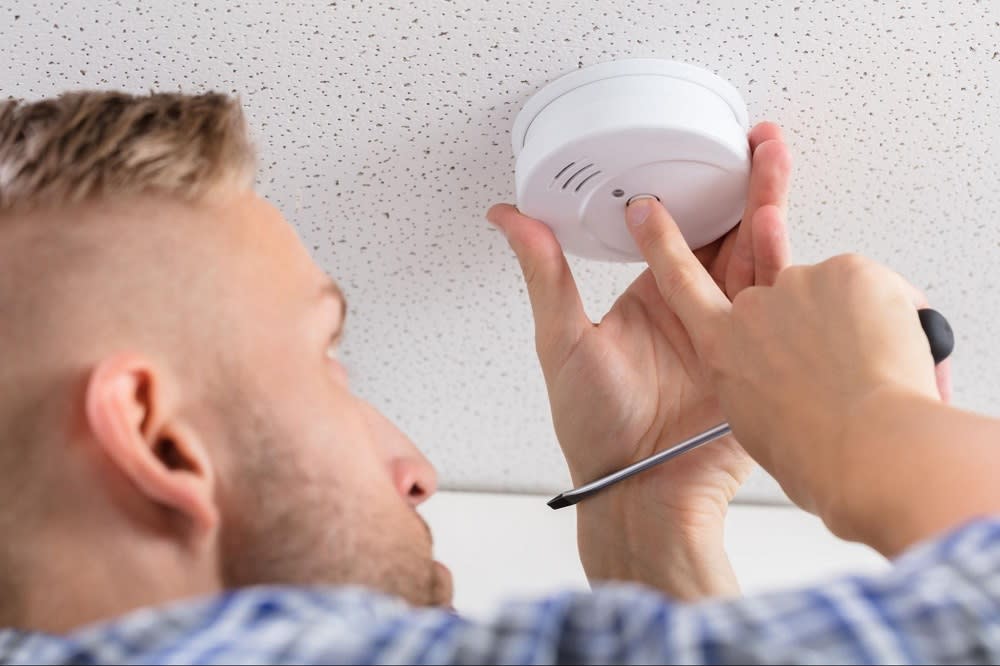
Make sure the smoke detectors and carbon monoxide detectors are in good working order with fresh batteries. According to the
National Fire Protection Agency (NFPA), you should have a smoke detector in each bedroom and another outside of them. Carbon monoxide detectors should be similarly placed. There should be at least one of each on each floor. Smoke alarms can and should be interconnected, so if one goes off the others do too.
Fire extinguishers
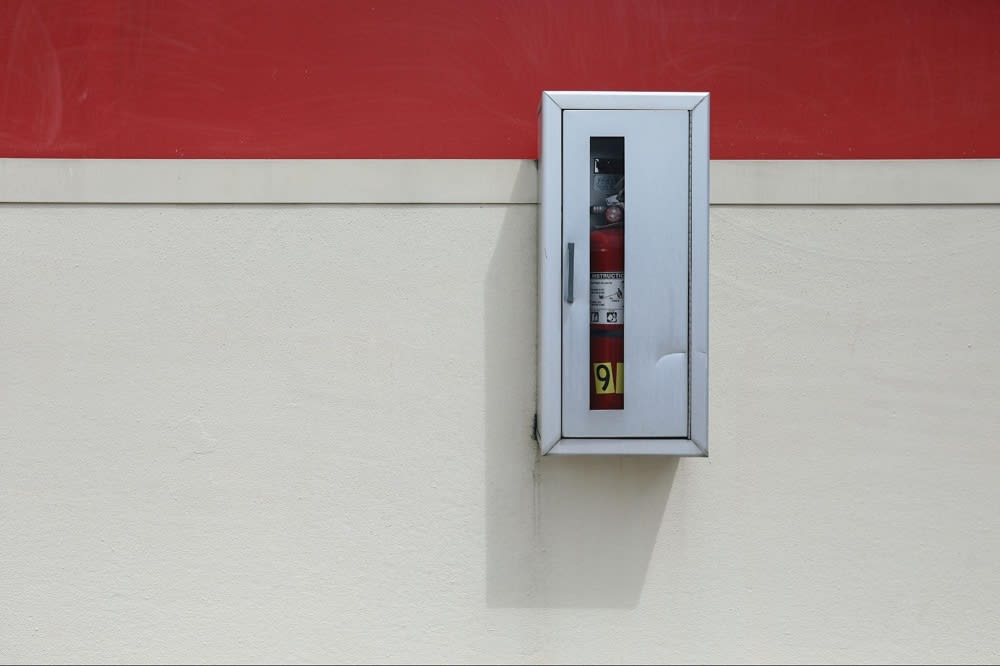
In addition to the detector units, you should either have all fire extinguishers checked, or replaced.
Check your water heater setting
Check the setting on your water heater. While no one wants only lukewarm water, you do not want to worry about it becoming scalding hot, either. The
U.S. Consumer Product Safety Commission (CPSC) recommends a setting of 120 degrees Fahrenheit. It warns that even adults can receive third-degree burns from 150-degree water if exposed for even just two seconds. The 120-degree setting will also save on energy use and utility bills.
Air vents, air filters, and the dryer vent
Locate the air vents in each room to assure you do not block them with furniture. At the same time, you can vacuum out any dust from them. In addition, check the filters for your furnace and replace them if necessary. And since you have no idea when the dryer vent was last cleaned, take care of this at the same time.
Check the plumbing
While your new home underwent a home inspection before completing the sale, which should reveal any potential leaks, you should also check for yourself. Looking at the pipes under the sinks and the toilets for any moisture can prevent mold and other potential problems, as well as avoid a higher water bill. Similarly, when you first turn on any outside sprinklers, check for leaks.
Check in with your insurance agent
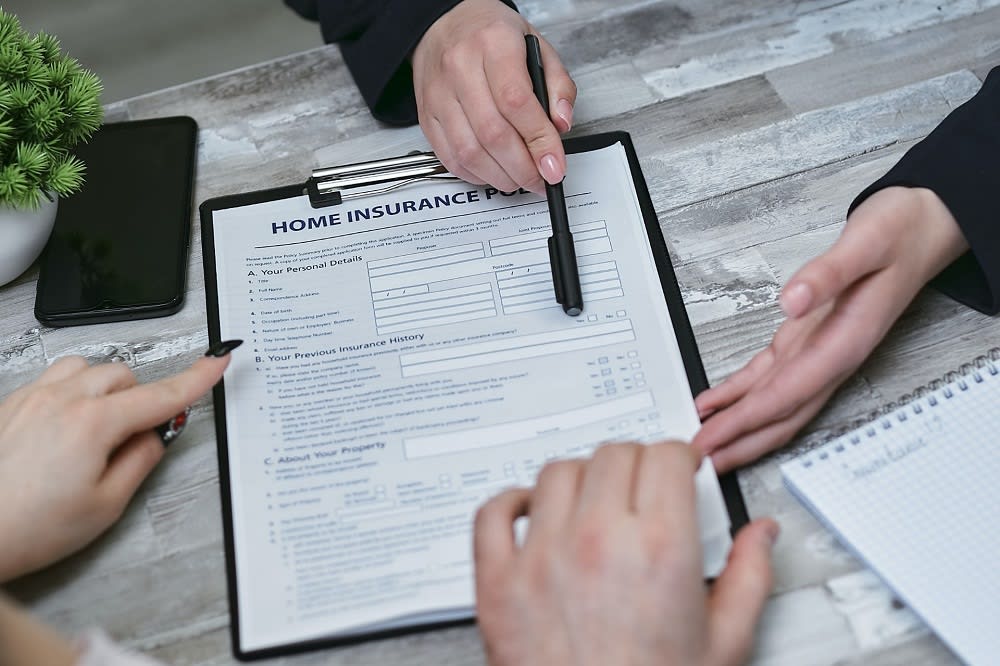
You want to make sure your new homeowner's policy takes effect the same day you take ownership of your new home. This is something you should take care of ahead of time. Discuss this with your agent ahead of time and have them be prepared with the potential closing date of your house. Then, when you officially are the new owner, call your agent so they can start your policy that same day.
Familiarize yourself with your thermostat
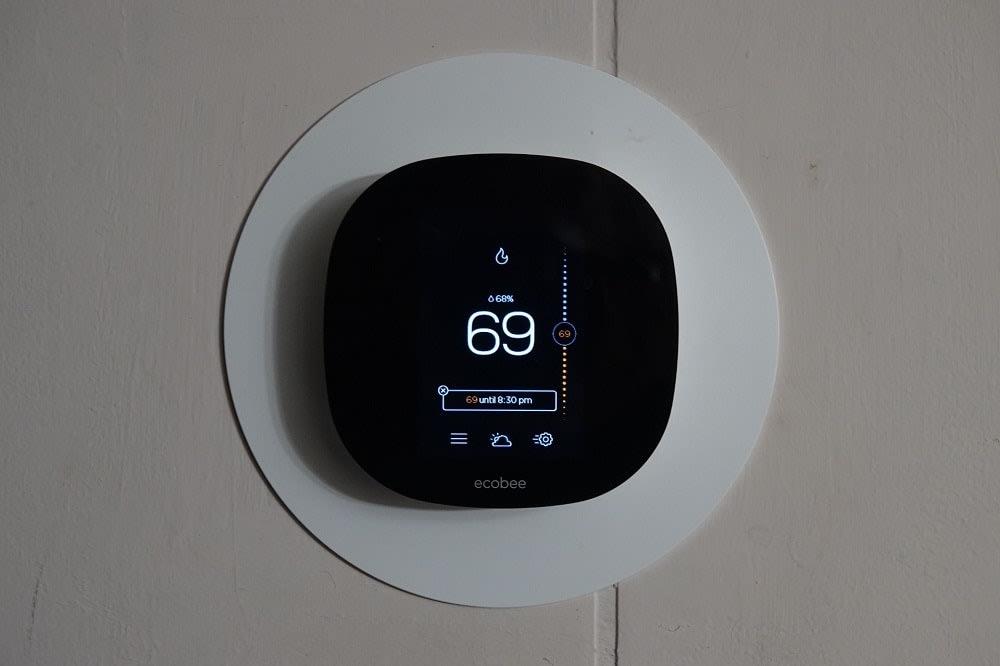
Whether your new home is equipped with a thermostat that can be scheduled by hand or a smart thermostat, you will want to understand how to use it properly to keep your house comfortable no matter what time of year.
Get cleaning
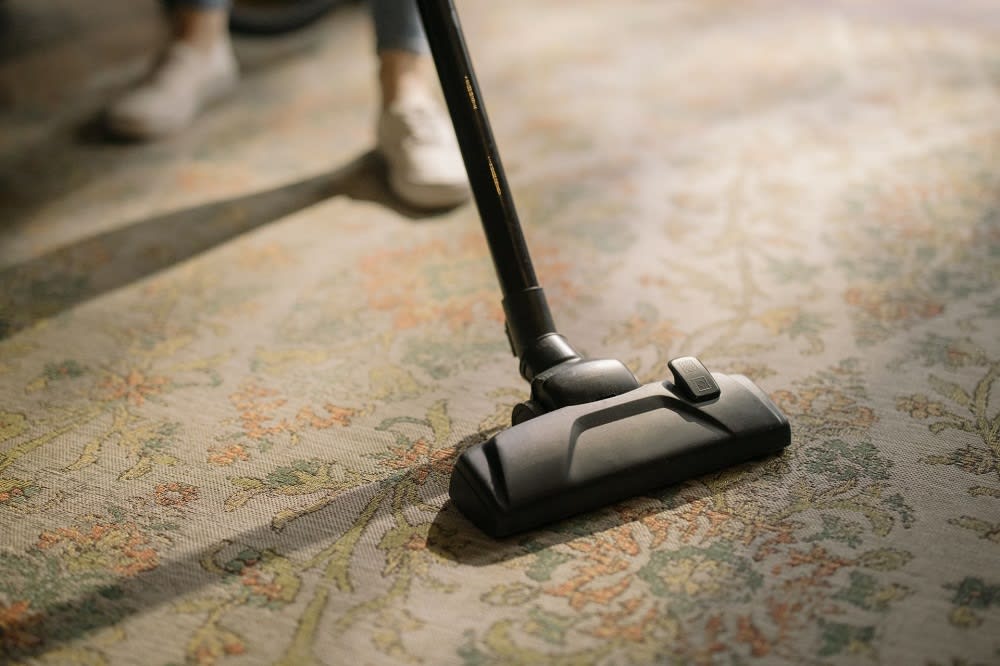
While your new home was undoubtedly cleaned before listing, it could have still been occupied by its former owners and seen a lot of additional foot traffic from being on the market. Either arrange to have it cleaned before you start moving in or plan to get to work once you do.
Start with those areas you will begin unpacking first such as the kitchen and bathrooms including the cabinets and cupboards. Then work your way through the rest of the house vacuuming floors including the closets.
Tend to repairs
Get out your home inspection and check for the items that are marked as "need attention." While the property sellers likely took care of some issues, there may be some left that does need your attention.
You may need to call a repair person or plumber for some repairs such as a crack in a step or a leaky faucet. If you are new to the area, your realtor should have referrals of dependable repair people for you. At the same time, if you want to do some painting or refinish a floor, now would be a good time to do it, before you unpack your things.
File a change of address

Go to the post office or visit usps.com to change your mailing address right away. Otherwise, if any mail is delivered to your old address, you may never see it, even if the new occupant reroutes it as "no longer at this address."
Once you have changed your address with USPS, you will need to begin the process of putting in a change of address to companies from whom you regularly receive mail. You will also want to contact the DMV to get your license and registration(s) changed. It is easier to take care of all these issues at once than to hold back on some and later wonder who you have notified and who you have not.
Get out the linens and make the beds
No doubt moving day can be exhausting. Before you start emptying other boxes, get out your linens. Hang towels in the bathrooms and make the beds. You may even want to leave the beds turned down so you can simply crawl in and turn out the lights following a busy and successful day!
Locate where to find everyday necessities

You may want to locate the closest cafe, especially if you cannot find your coffeemaker. A trip to the grocery will be necessary within the first couple of days. Spending a little time driving around the neighborhood to establish your new territory and learn what’s around is a good thing and can be rewarding.
Besides finding out what markets are close to home, and the much-needed cafe, check for filing stations, drug stores, and the local hardware store. Look around for nearby eateries, a garden center, and specialty shops that may pique your interest. By familiarizing yourself with the area, it may begin to feel a bit like your own neighborhood.
Stay connected with your Realtor
A caring realtor will not let your relationship end with your purchase. They will stay in touch to see how you are doing. You should be able to call upon your realtor for questions about your new home and your new neighborhood.
This is one of the things Julie enjoys most about what she does. It is rewarding to help families find the perfect home for them! But it is also nice to stay in touch – to see how you are settling in, and bump into you at the store or a local event.
If you are in the market for a new home in Napa, Browns Valley, or Alta Heights, you can count on the
Julie Larsen Real Estate Group to help you find the best properties available for you. And you will also be getting to know one of your new neighbors.







